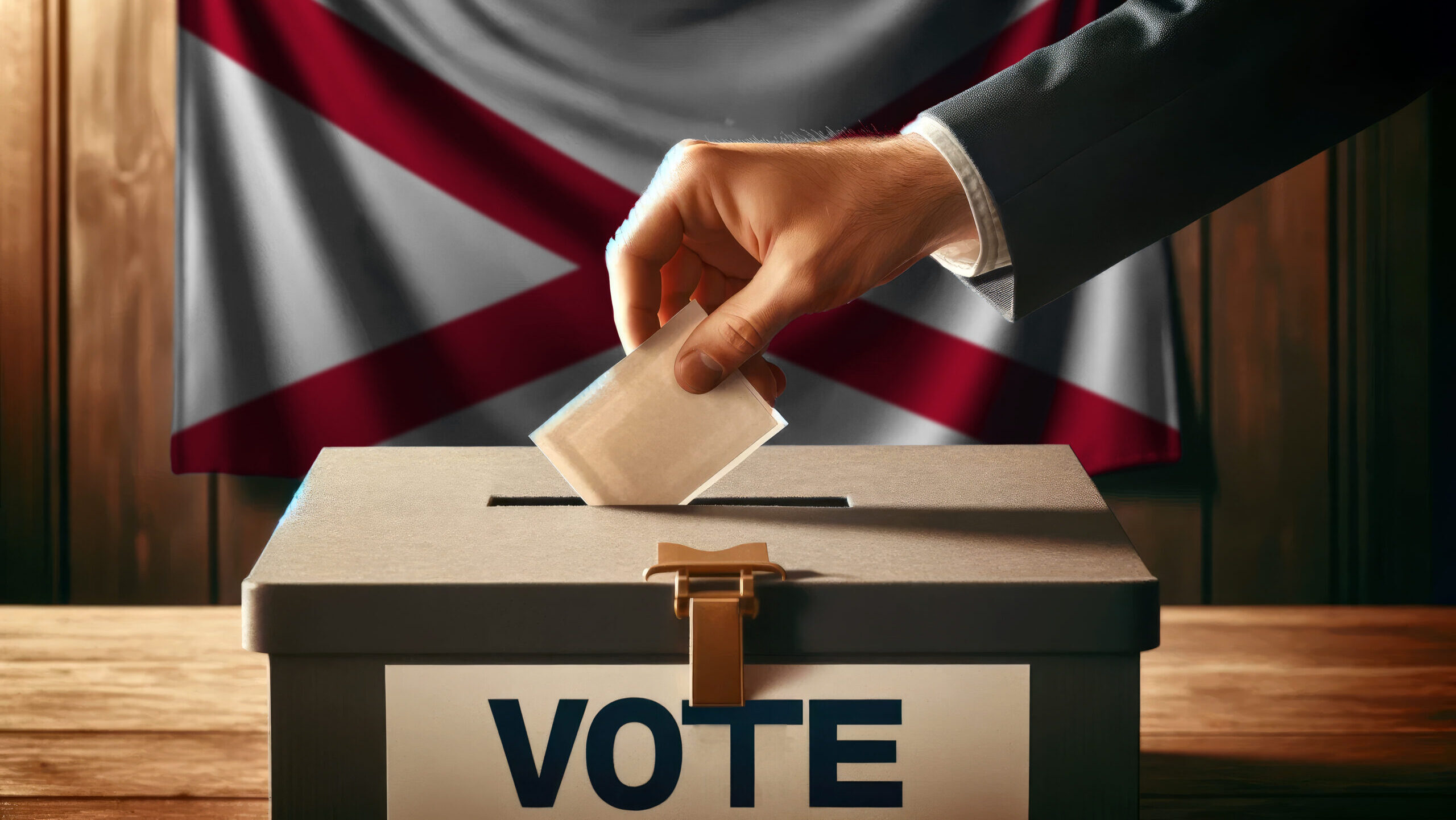|
Getting your Trinity Audio player ready...
|
We’re still a couple of months away from an all-important, end-all election that might determine the future of the country … or be the thing that dooms us all. But that doesn’t mean we can’t look way ahead – to the 2026 election cycle.
Because that one is the one that means the most around here.
Numerous offices are up for grabs and it promises to be a wild ride. But the one race drawing the most attention, rightfully, is the race to replace Kay Ivey as Alabama’s governor. It will be the first governor’s election in 16 years without an incumbent on the ballot (Ivey was technically an incumbent in 2018 after taking over when Robert Bentley stepped down).
To get an idea of the current picture, I took an odd approach: I called up a bunch of people who work on campaigns in the state and promised them anonymity if they’d tell me what the gossip is.
And let me be clear, this is gossip, albeit gossip grounded in fact and from people who run in the proper circles and do nothing all day but talk politics, strategy and predictions. Among them were folks who have gotten governors and U.S. senators elected and those top Alabama lawmakers turn to for advice and guidance.
To a person, all of them said that the jockeying and maneuvering for the 2026 cycle has been going fairly strong (at least for two years out) for a couple of months now, and that they’ve been surprised by the amount of activity. Already, potential candidates are putting out feelers and lining up potential campaign staff.
As for the outlook, there was also a pretty solid consensus on who’s going to be the frontrunner, what could throw a wrench into the expected races and the various factors that have to play out. And there was one surprise.
Let’s start with the surprise, which was mentioned by every person I spoke with, because it impacts the entire outlook.
They don’t expect Tommy Tuberville to be Alabama’s U.S. senator past 2026.
“There’s just been a lot of talk out there about possible plans for Tuberville, and a lot of calls have been made about where he might land, if anywhere,” said a longtime campaign strategist. “There’s a general feeling that he’s ready to walk away.”
None of the respondents could nail down exactly where the rumors came from, but they all recounted very similar conversations among politicos and staffers about Tuberville’s supposed desire to make a move.
Still, could it all just be talk?
“Of course,” said the campaign manager, “we’re still two years out and a million things could change. It’s just the talk now.”
However, if it’s not just talk, another strategist said, then the entire landscape changes for everyone.
“Let’s say Tuberville decides to run for governor – and that talk is out there – then he becomes a real factor in that race, much more so than anyone else who might challenge current Lt. Gov. Will Ainsworth,” the strategist said.
Ainsworth, however, was the far-and-away favorite currently to be elected the state’s next governor. He has the money and the most name recognition among the current group of expected candidates (which doesn’t include Tuberville).
“Will is unique as a candidate because he not only has a bunch of money to spend to get elected, but because of his relationships around the state, he also has the ability to cut off funding to other candidates,” a longtime campaign manager said.
That doesn’t mean he’s unstoppable, however.
Among the strategists, campaign managers and lobbyists – many of whom have been working in politics in Alabama for decades – no one could recall a non-incumbent favorite in a governor’s race actually winning the governor’s race. That’s actually a fairly common norm in high profile statewide races in Alabama, where the favorites often face uncommonly tough matchups. Think: Roy Moore vs. the field or Tuberville vs. Jeff Sessions for U.S. Senate.
While Ainsworth poses a tougher challenge than usual, the race still has to be run.
“The most popular line of thinking out there is that Ainsworth and one or two of the other candidates push each other to the edges of the voting base and that opens the door for a candidate to come up the middle,” a campaign manager said. “I think there are some things working against that thinking in this race, but it’s still a possibility. Weird things happen in high-profile races.”
The most common names mentioned to hop into the race with Ainsworth are Huntsville Mayor Tommy Battle, Mobile Mayor Sandy Stimpson, Ag Commissioner Rick Pate and Attorney General Steve Marshall. Although, no one seems to believe that Marshall will ultimately wind up in the race.
Instead, they believe Marshall’s focus will be on the potential opening left by Tuberville, or on another potential seat in Congress. They said that solves a couple of problems for Marshall: He won’t be facing a challenger (Ainsworth) with unlimited funds and similar name ID, and he will have more access to funding under federal rules.
Battle, Stimpson and Pate, meanwhile, all fill out the role of surprise candidate – they’re well liked with few negatives, all have experienced success in their current roles and they all have the ability to at least raise some money to challenge Ainsworth. They’re also safe and steady options who could put business leaders at ease.
There’s also a “really, really good chance,” according to a campaign manager, that an unknown candidate hops in the race and shifts things. Such a candidate, the group believes, would have to be independently wealthy and a respected professional – someone who could cut through the noise of a partisan free-for-all and appear to be the calm, rational choice.
But they also all agreed that an unknown candidate and the potential challengers mentioned above would need an unforeseen boost to seriously challenge Ainsworth and move donors to dump money into what, at least for now, looks more like a coronation than an election.
“It is Ainsworth’s to lose, and there’s no doubt about that,” said a longtime strategist and lobbyist. “But on the other hand, these things rarely go the way anyone expects in this state.”


















































